Sunday, December 7, 11am Pacific
Speaker: Serafima Velkovich, PhD
Arolsen Archives: History Exploration & Online Access
Description: Formerly known as the International Tracing Service, the Arolsen Archives was established by the International Red Cross and Allied forces at the end of World War II to trace missing and displaced people and help reunite survivors with their relatives. Today the archives are the largest repository for names’ searching related to WWII.
In this lecture, Dr. Serafima Velkovich will demystify the Arolsen Archives by describing its history, the types of files it holds, and what information can be gleaned from those files. Additionally, she will offer strategies for identifying relevant documents and key clues when searching its Online Archives and additional collections available at the Arolsen Archives and partner institutions worldwide, including Yad Vashem.
About Serafima Velcovich
Serafima Velkovich is Head of the Family Roots Research Section in Yad Vashem Archives. She is involved in research of names and fates of Holocaust victims and survivors in Yad Vashem’s and Arolsen Archives’ databases. She lectures on the use of resources for names research, participates in conferences and films on genealogy related topics, and leads the genealogy course and workshops. Serafima is a PhD candidate at the Hebrew University of Jerusalem. She was EHRI fellow in the Jewish Historical Institute in Warsaw and received scholarships from Yad Vashem and The Avraham Harman Institute of Contemporary Jewry. She is a member of the Israel Genealogy Research Association (IGRA) just topic.
Non-members pay $5.00 Zoom link will be sent the week of the event. Members automatically receive a Zoom link.
CANCELLED
 Sunday, January 11, 1pm Pacific
Sunday, January 11, 1pm Pacific
Speaker: Rhoda Miller, Ed.D., CG
Death Research:The Final Analysis (1.5 hrs)
Description: Need to learn more about a person’s life? Try looking into their death! Death records are often the key that unlocks family connections, origins, and stories long forgotten. In this presentation, Rhoda Miller will explore the many sources available for death research—including civil certificates, cemeteries, landsmanshaft, synagogue records, gravestones, obituaries and more. Learn how to interpret Hebrew inscriptions, navigate related databases, and uncover hidden details about your ancestors’ lives and communities. Whether you’re just starting out or refining your family tree, this session will provide practical strategies and resources to enrich your genealogy research. Mini case studies will be utilized to demonstrate the process of following the trail to using common and less common resources.
About Rhoda Miller
Rhoda Miller, Ed.D., CG® has been a Certified Genealogist since 1998, retired 2023, specializing in Jewish research and Holocaust studies. Rhoda is a Past President of the Jewish Genealogy Society of Long Island (JGSLI) and currently serves on the Liaison Committee of the International Association of Jewish Genealogy Societies (IAJGS). With JGSLI, she led the award-winning project of publishing Jewish Community of Long Island. She is a past board member of LitvakSIG and is currently the Coordinator for the Svencionys Research District. Rhoda retired as a Genealogist Researcher for Ancestry ProGenealogists.
Non-members pay $5.00 Zoom link will be sent the week of the event. Members automatically receive a Zoom link.
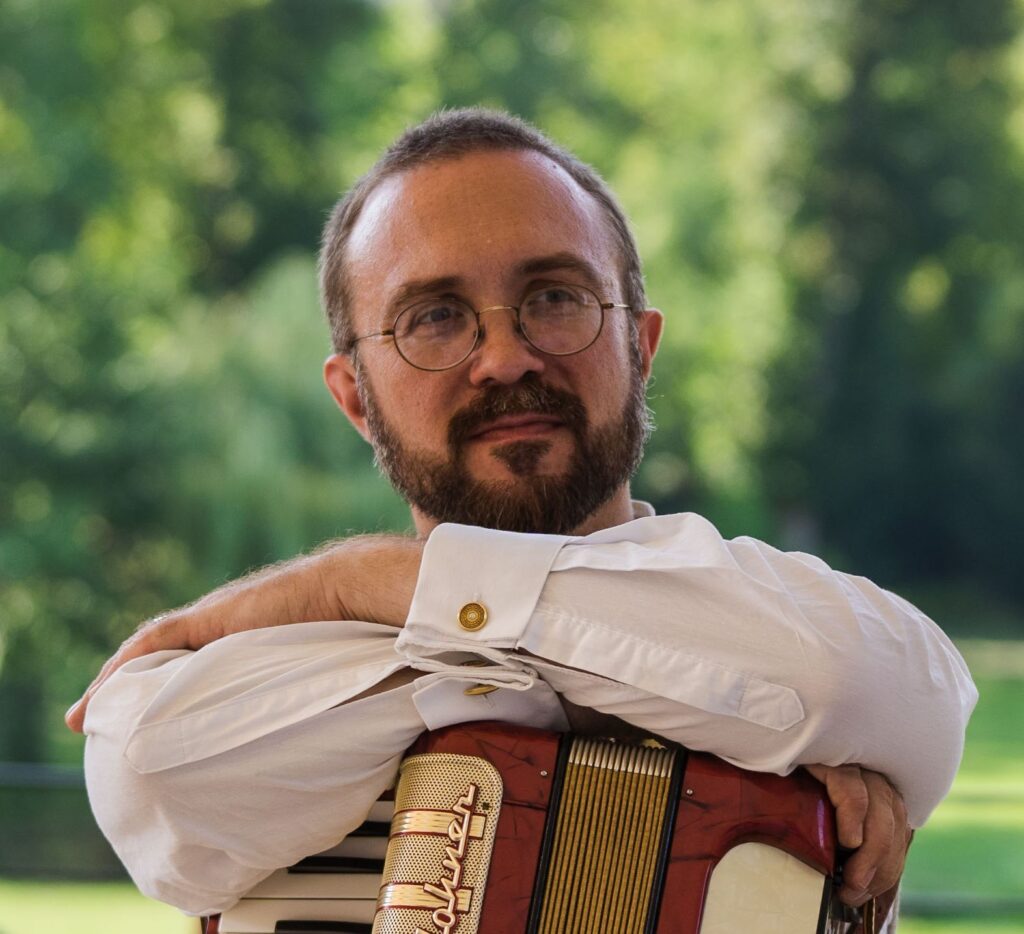
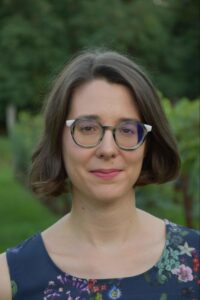 Sunday, January 25, 11 am Pacific
Sunday, January 25, 11 am Pacific
Speakers: Johannes Schwarz and Sara Mansutti
Transkribus: Training Your First Text Recognition Model Pt. 2
Description: Description: During the workshop, experts from Transkribus will guide you through the process of training your first text recognition model. You will learn how to prepare the training data, train the model and configure the advanced settings, evaluate its performance, and, lastly, apply the model to your own material. Additionally, you will discover how to search transcriptions with Transkribus or export them for further use
Please note: Once registered, we will send you prerequisite study materials and. instructions to submit your tabular documents.
About Johannes Schwarz and Sara Mansutti
Johannes Schwarz is a Customer Success Manager at READ-COOP. He studied Music History as well as Medieval German Literature and European Ethnology in Kiel and Vienna, and has a strong expertise in palaeography and genealogical research.
Sara Mansutti is a Customer Success Manager at READ-COOP, the European Cooperative Society behind the Transkribus platform, where she has worked since 2022. She holds a PhD in Digital Humanities from University College Cork, Ireland. Her research interests include early modern Italian history, Digital Humanities, and crowdsourcing.
Non-members pay $5.00 Zoom link will be sent the week of the event. Members automatically receive a Zoom link.
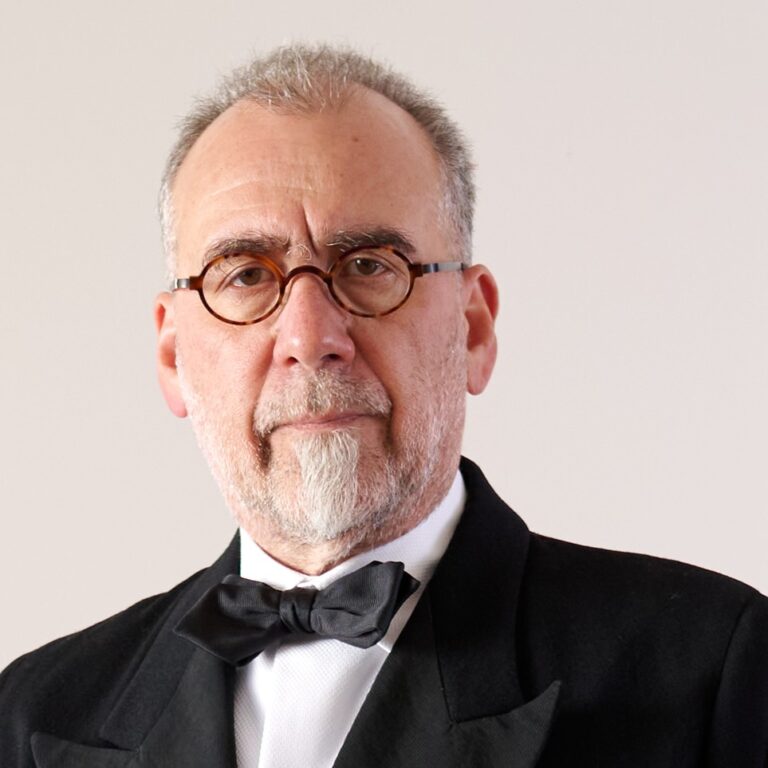 Sunday, February 22, 1 pm Pacific
Sunday, February 22, 1 pm Pacific
Speaker: John Motzi, PhD
Two-Sibling Visual Phasing with DNA Painter
Description: Visual Phasing can be performed using just two siblings! This methodology uses DNA Painter Chromosome Maps of known matches, combined with inferred segments & traditional visual phasing techniques. It identifies DNA segments shared among siblings and cousins to determine which segments were inherited from which grandparents, even without parent testing.
Using chromosome maps, a larger number of cousin comparisons can be referenced more quickly than with Gedmatch 1:1 comparisons. Since the two-sibling visual phasing problem requires a larger number of cousin comparisons, the use of chromosome maps facilitates the process.
Please note that this is an intermediate level workshop. Prior study is not required but highly recommended. John Motzi has put together 5 short video lessons to help prepare you for this chance of a lifetime presentation. Once registered you will receive detailed information and study materials.
- Intro to Chromosome Mapping (45 minutes video) by Jonny Perl
- Introduction to Recombination (10 minutes video by JM)
- Introduction to the concepts of Visual Phasing (10 minutes video by JM)
- Preparation of the Visual Phasing Worksheet (15 minutes video + materials by JM)
- Overview of Visual Phasing Methodology for Two Siblings (10 minutes video by JM)
About John Motzi
John Motzi, Ph.D., is a retired pharmaceutical research scientist and manager with more than 30 years of industrial experience. He is a passionate amateur genealogist with over twenty-five years of experience, including genetic genealogy since 2013. He has studied at GRIP, is the co-leader of an advanced genetic genealogy discussion group and is a Co-Administrator of the FTDNA T1 mtDNA Haplogroup Project.
Non-members pay $5.00 Zoom link will be sent the week of the event. Members automatically receive a Zoom link.
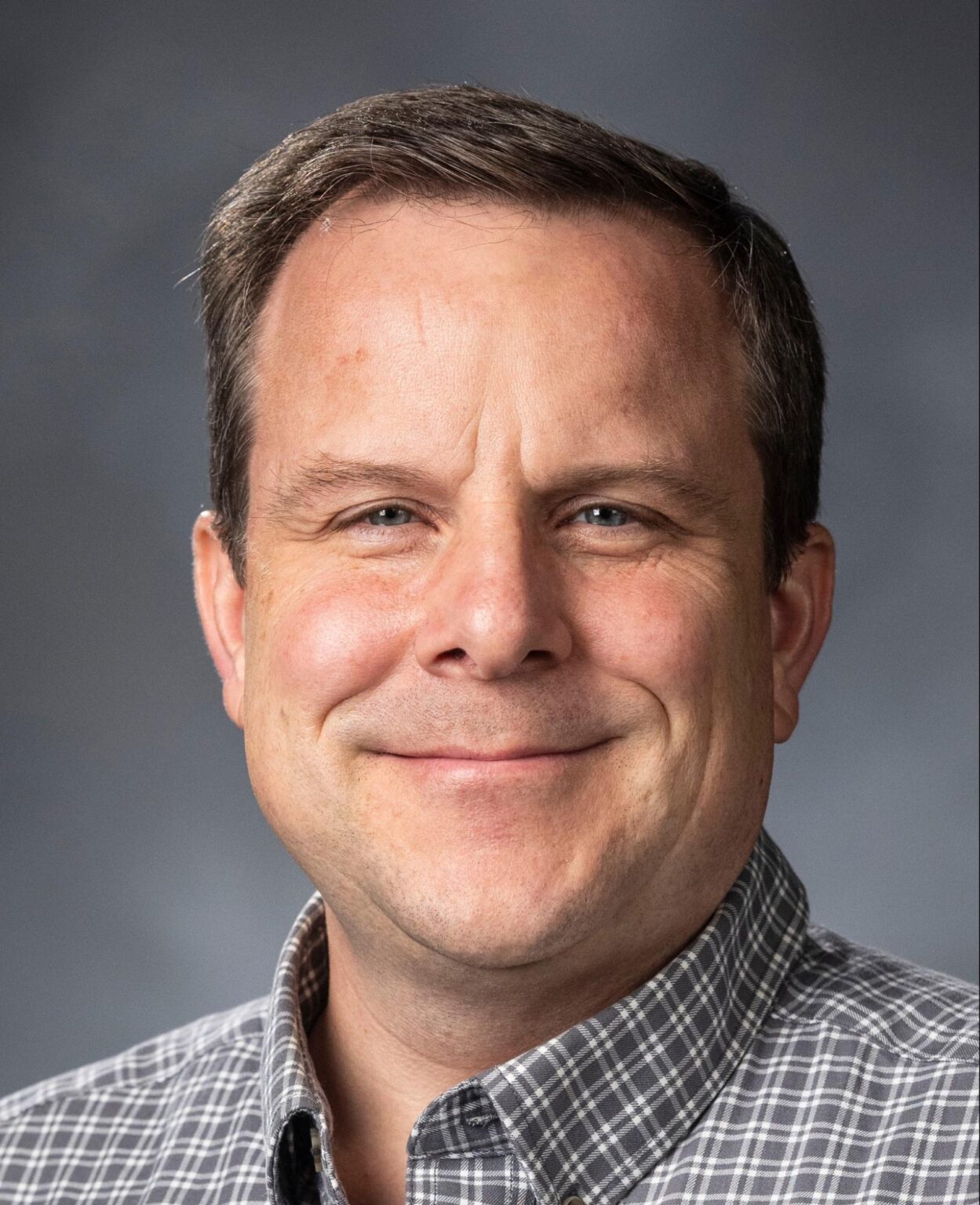 Sunday, March 8, 1pm Pacific
Sunday, March 8, 1pm Pacific
Speaker: Joe Everett, MLS, AG
Searching for Your Jewish Family from Belarus
Description: Description: Tracing your Jewish family in Belarus has many challenges. The history is complex, with many border changes in a land that has been a battle ground for centuries. The Holocaust devastated Belarusian shtetls and urban Jewish communities.
Records of where they have survived, are scattered in archives in numerous countries and while Belarus and its records began to open up in the 1990s, this was short-lived. Though many records, where they have survived, are preserved in archives and civil registration offices, relatively few are online or indexed and accessing online records is very difficult with the current political situation.
Even when you do find records, there is the challenge of reading them, mostly in Russian and in Cyrillic script. This class will include a survey of the history of Belarus, records types, and the current state of access, with tips for navigating to extant online records as well as suggestions for what to do when records are not online. There will also be some tips for reading records in Russian.
About Joe Everett
Joe Everett is the Senior Librarian for Family History, Local History, and Microforms at the Brigham Young University Harold B. Lee Library. He has over 30 years combined experience at BYU, the FamilySearch Library, and Ancestry.com. He teaches courses in Russian paleography and research in the former Russian Empire/USSR. His past work includes cataloging Eastern European records, content acquisitions and content product, genealogical databases online, including the Hamburg Passenger Lists. Joe earned a degree in Russian Language and in Family History/Genealogy (with a Germanic emphasis) from Brigham Young University. An Accredited Genealogist in German and Russian Empire research, he has lectured and published articles on family history research, historical geography, and migration.
Non-members pay $5.00 Zoom link will be sent the week of the event. Members automatically receive a Zoom link.
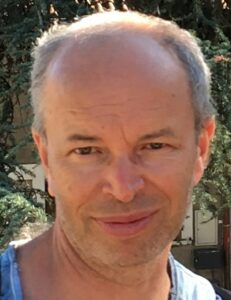 Sunday, March 22, 1pm Pacific
Sunday, March 22, 1pm Pacific
Speaker: Alexander Beider, Ed.D., CG
In-Depth Study: Migrations of our Ancestors
Description: Come study the origins of Yiddish as a tool to unravel the history of the Jewish people and how it relates to our ancestral research. Several alternative theories exist about the origins of Eastern European Jews.
It shows us the importance of migrations from Central Europe, implying that ancestors of East European Ashkenazim lived in the Middle Ages primarily in two regions: West German provinces and the Czech lands.
The study of the development of Yiddish allows us to critically evaluate some of these theories. This was the main aim of Beider’s work in “Origins of Yiddish Dialects” (Oxford University Press, 2015).
About Alexander Beider
Alexander Beider holds one doctoral degree in applied mathematics (Moscow Institute of Physics and Technology) and another in Jewish Studies (Sorbonne, Paris). He uses onomastics and linguistics as tools to unravel the history of the Jewish people. He has written a series of reference books dealing with the etymology of Ashkenazic and Sephardic surnames and Ashkenazic given names, all published by Avotaynu Inc. (1993-2019). His book “Origins of Yiddish Dialects,” published by Oxford University Press (2015), sheds light on the early stages of the development of Yiddish. Beider was born in Moscow and currently lives in Paris.
Non-members pay $5.00 Zoom link will be sent the week of the event. Members automatically receive a Zoom link.